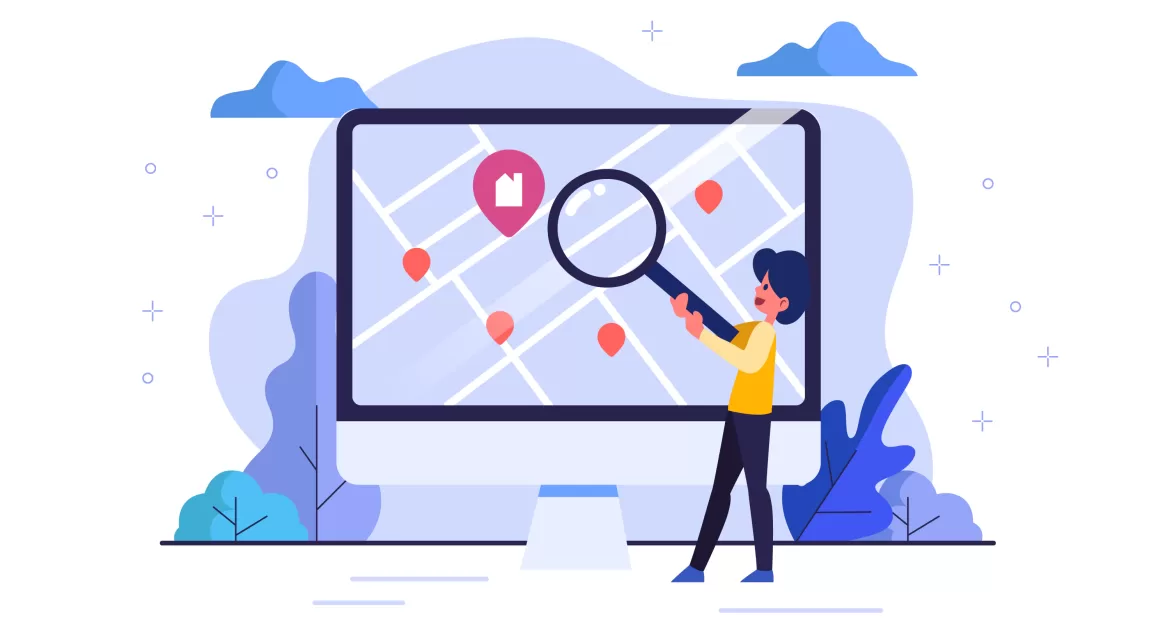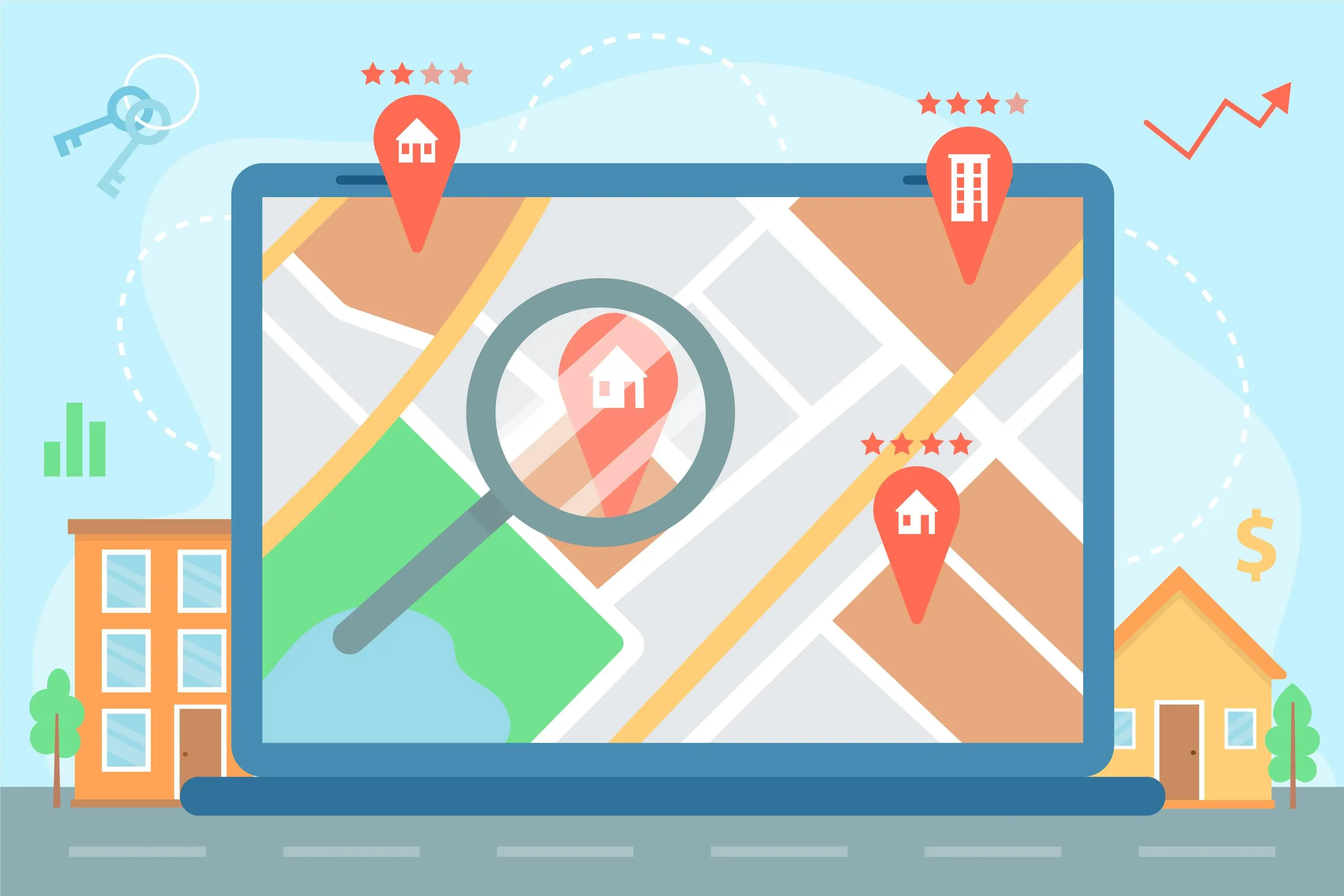
If you‘re a business owner with the desire to attract more locals, you need to become the master of Local SEO Strategies. Topping local search rankings means you get more eyeballs, more traffic, and ultimately, more sales. So, how exactly do you drive your local search rankings? With this guide, we‘ll take apart the greatest Local SEO Strategies that will make your business the market leader.
Table of Contents
- What is Local SEO?
- Top Local SEO Strategies to Rank Higher in Your Community
- Optimize your Google My Business Listing
- Ensure NAP Consistency Across Directories
- Optimize Your Website for Local Searches
- Get More Local Reviews
- Leverage Local Keywords
- Create Locally Relevant Content
- Get Local Backlinks
- Optimize for Mobile Users
- Use Social Media for Local Engagement
- Run Local Ads for Quick Results
- Final Thoughts
What Is Local SEO?
Local SEO (Search Engine Optimization) is the process of optimizing your business to appear in location-based searches. These include searches like:
- “Best coffee shop near me“
- “Advertising agency in the digital space”
- “Ayurvedic clinic in [your place]“
Google uses location-based signals to show users the most relevant businesses nearby. Implementing the right Local SEO Strategies ensures that your business shows up at the top of these search results.

Top Local SEO Strategies to Rank Higher in Your Community
1. Optimize Your Google My Business (GMB) Listing
Your Google My Business (GMB) profile is the most critical factor for local rankings. Here’s how to optimize it:
- Claim and verify your business on [Google Business Profile](https://www.google.com/business/)
- Use accurate business details (Name, Address, Phone Number – NAP)
- Select the right business categories
- Add high-quality photos of your business
- Encourage customer reviews and respond to them
- Keep your business hours updated
A fully optimized GMB profile helps your business appear in Google’s Local Pack, which is the map listing at the top of search results.
2. Ensure NAP Consistency Across Directories
Your Name, Address, and Phone Number (NAP) must be the same across all online platforms. Inconsistent details can confuse search engines and lower your ranking. Update your business info on:
- Yelp
- Facebook
- Yellow Pages
- Local directories specific to your industry
3. Optimize Your Website for Local Searches
To improve local rankings, your website must be optimized with Local SEO Strategies:
- Include your city and location-based keywords in title tags, meta descriptions, and content
- Create dedicated location pages for different service areas
- Embed Google Maps on your contact page
- Use structured data markup (Schema) to help search engines understand your business details
4. Get More Local Reviews
Google considers customer reviews as a trust signal. Encourage satisfied customers to leave reviews on Google and other platforms.
- Politely ask for reviews via email or SMS
- Respond to all reviews (good or bad) to show engagement
- Offer excellent customer service to encourage organic reviews
More positive reviews = better credibility = higher rankings in local searches.
5. Leverage Local Keywords
Using Local SEO Strategies, you need to focus on geo-targeted keywords that include your city or neighborhood.
For example:
- Instead of “best bakery,” use “best bakery in Bangalore”
- Instead of “digital marketing agency,” use “digital marketing agency in Mumbai”
- Use these keywords naturally in:
- Website content
- Blog posts
- Meta descriptions
- Headings and subheadings
- Website content
6. Create Locally Relevant Content
Publishing locally focused content can significantly boost your Local SEO Strategies. Consider creating:
- Blog posts about local events or news
- Case studies featuring local clients
- FAQs related to your industry and location
The more relevant content you create, the better your chances of ranking higher.
7. Get Local Backlinks
Backlinks from local websites signal to Google that your business is trusted in the community. Here’s how to earn them:
- Partner with local influencers or bloggers
- Get featured in local news articles
- Collaborate with other local businesses for cross-promotion
The more high-quality backlinks you have, the higher your Local SEO rankings.
8. Optimize for Mobile Users
Most local searches happen on mobile devices. If your website isn’t mobile-friendly, you’re losing potential customers. Make sure your site:
- Loads quickly
- Has easy navigation
- Features clickable contact details (phone, email, map)
Google prioritizes mobile-friendly sites in search rankings, so this is crucial.
9. Use Social Media for Local Engagement
Social media plays a big role in Local SEO Strategies.
- Share locally relevant content on Facebook, Instagram, and LinkedIn
- Engage with local customers through comments and messages
- Use location-based hashtags like #MumbaiBusiness or #DelhiStartup
Google considers social signals when ranking businesses, so staying active can improve your local presence.
10. Run Local Ads for Quick Results
While organic SEO takes time, Google Ads and Facebook Ads can help you attract local customers immediately.
- Run geo-targeted Google Ads to appear in local searches
- Promote events, promotions, or new products to local audiences using Facebook Ads
- Leverage retargeting ads to re-engage potential customers
Paid ads can complement your Local SEO Strategies and bring faster results.
Final Thoughts
Mastering Local SEO Strategies is key to growing your business within your community. By optimizing your Google My Business, using local keywords, and getting positive reviews, you can rank higher in local searches and attract more customers.
Start implementing these Local SEO Strategies today, and watch your local rankings soar!






